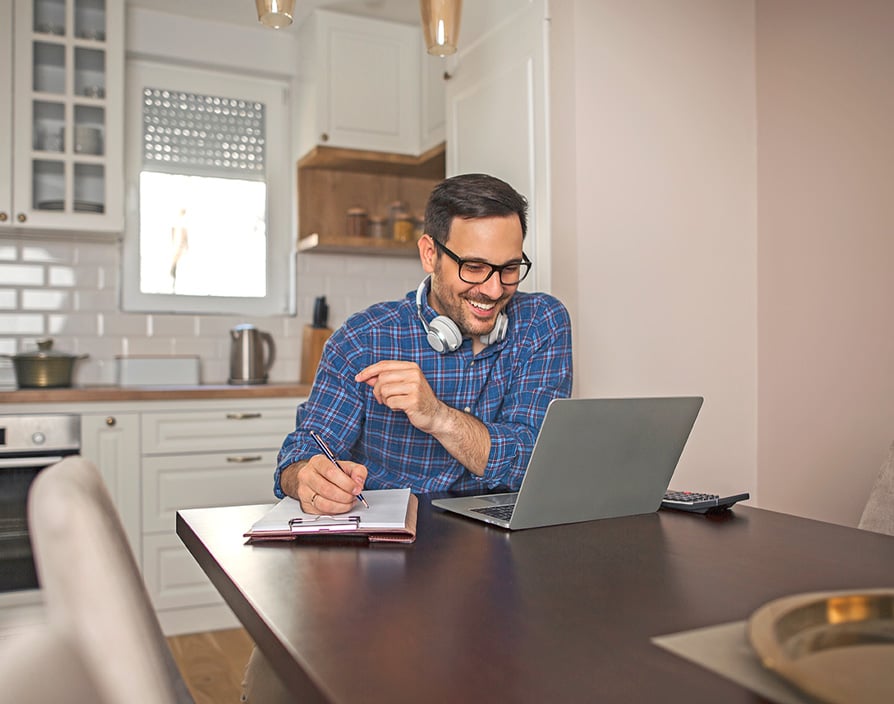Kim Antoniou is now embracing a working culture she once believed had little relevance in the cut and thrust of the business world.
As I travel up to Scotland with a large rucksack consisting of IT and notebooks, I feel as though I’ve become a bit of a work tortoise. I’m carrying my entire office on my back. We used to have offices in Edinburgh and London, but now we’re ‘mobile’.
As a traditional ‘old timer,’ and probably suffering from ‘office OCD,’ I like things to be at hand and in their right place. The whole idea of flexibility has caused me to ponder what the future office environment will look like. And how it will affect my business, our team and our ability to attract top talent in the future?
There are many things to consider when pondering this subject. How have our local neighbourhoods accepted this new ‘working-from-home’ model? And what changes are needed to ensure that we can maintain our current team culture.
Pre-Covid, I would not have entertained the prospect of teams working from home ‘ except in emergencies. As a tech start-up business, I would have considered such a move as being a backward step. What would our investors and customers feel about a company without any formal office base? But I have now changed my view significantly. The traditional taboos around a business without an office is a thing of the past and, safe to say, these cottage businesses are here to stay.
I remember a conversation with a family member a few years ago who, for personal reasons, moved to a one-day-per week working from home model. He used to feel uncomfortable around his colleagues when he began working from home, and was made to think that he wasn’t ‘pulling his weight’ within the team.
Working from home has made the world a smaller place. It’s brought us all closer together and made business more personal. Whether in person or via a video chat, we have allowed our colleagues and business contacts into our homes. It’s not uncommon nowadays for attendees, ranging from the office junior to the high-flying CEO, to conduct meetings from a kitchen table.
Talking to my team, I am certain that a blended model is the best way forward for us. Unanimously, we all love the idea of flexibility. This means reduced travel and their associated costs. Basically, there’s a lack of appetite to go back to the old five-day-a-week office environment. Seriously, why would we go back to an out-of-date working structure, based on time and attendance? We have seen the alternative model which is flexible and results’ driven. We now have a team that is motivated and empowered to work independently?
As a business, we have been lucky with our recruitment and have managed to hire several amazing people. This includes a couple of developers, an intern and even a top-class chairman.
Going forward, I am keen to understand what the talent of tomorrow feels about their possible future working habits. What does it mean to our young people, especially current students? These are people who have had their university experiences completely devastated by Covid, resulting in online lectures and less personal interaction, despite paying the normal student fees and rents.
I recently asked Dylan, a 20-year-old Reading University student who is currently studying politics, what his views are on this topic. He said: Most young people would prefer to return to the office and experience an office environment. This follows two years of home-based working, whether in employment or in education.
Maybe Covid-19 recruits from universities will perhaps adapt better into a blended working environment than many others. Some may be more anxious of being thrown into a pre-pandemic working environment, following two years of lost skills, which they would have benefited from had there had been no pandemic.
In conclusion: The Covid experience has taught me to be open to change. That people are more adaptable than you originally thought. All business leaders must keep their eyes and ears open to what makes their employees happy and yet still remain productive.
“
Share via:








































